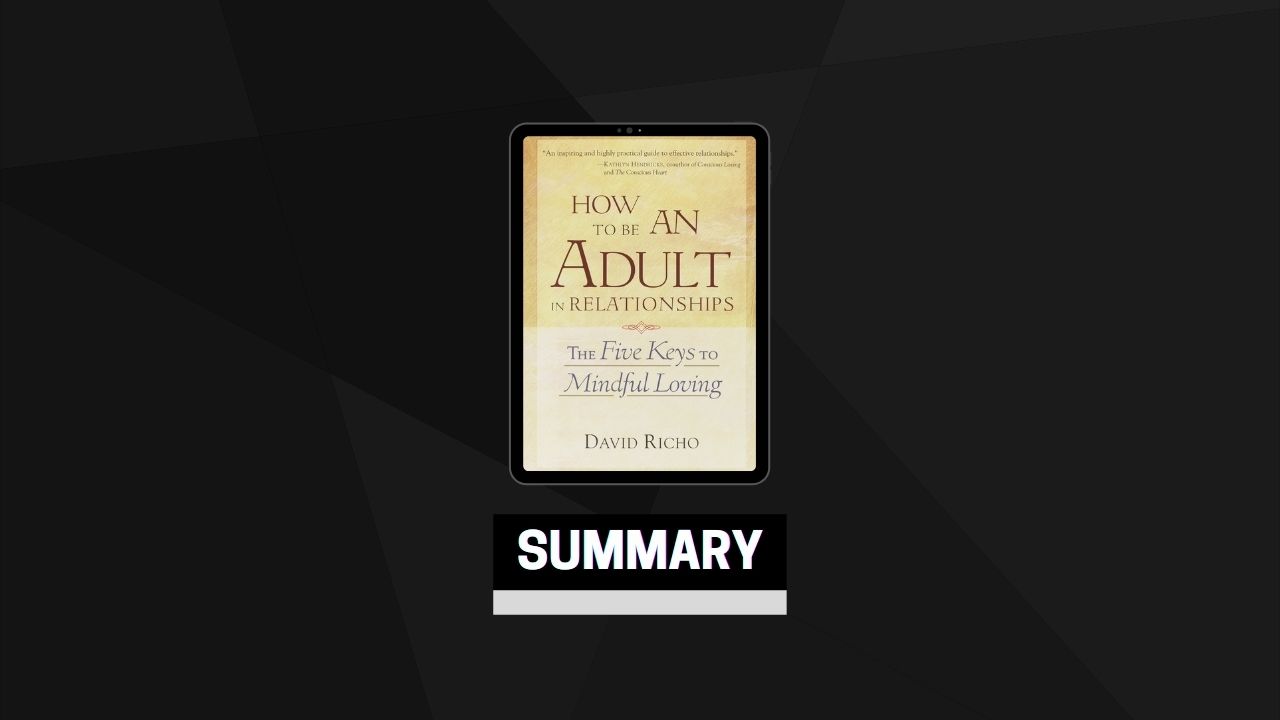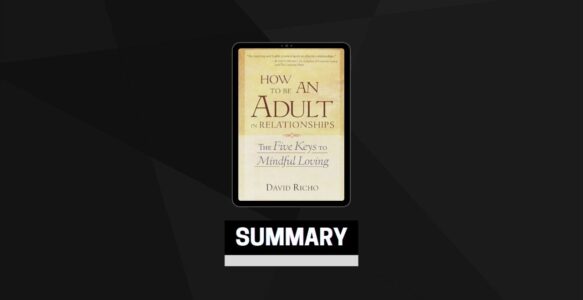The Five A’s: The Keys that Open Us
We know deep down, and have always known, that need fulfillment and good parenting mean the five A’s: attention, acceptance, appreciation, affection, and allowing. As children, we noticed how our parents did and did not fit the bill. We then looked for someone who could fit the bill better or more consistently.
This process is like looking at a reproduction of the Mona Lisa but noticing it is blurred and the color is not right. We know how it should look, and we keep our eye out for a sharper print with brighter color. As adults we look for the partner who will be just right. At first that means a replica of our parents with some of the better—or missing—features added. So we find the man who controls but is also loyal. As we mature we no longer seek the negative traits, only the positive ones. So we no longer look for controlling men but for loyal men who let us be ourselves. In full maturity we do not demand perfection at all, only notice reality. We access our resources within. A partner who cooperates in that is a gift but no longer a necessity. The five A’s begin as needs to be fulfilled by our parents, then become needs to be fulfilled by our partners, and someday become gifts we give to others and to the world.
ATTENTION
It is a joy to be hidden but a disaster not to be found. —D. W. WINNICOTT
Every mammal feels instinctively that it needs and deserves full parental attentiveness. When a parent is only halfway attentive, the child notices and feels uneasy. The mother leopard does not have her mind on her own grooming while she is feeding her young. Nor does she demand that her young groom her and wait for their dinner. Her single-minded attention gives them healthy priorities later in life. Children’s psychic life becomes confused if they have to take care of a parent or make sense of one, because that is the reverse of what children instinctively expect.
The desire for attention is not a desire for an audience but for a listener. Attention means focusing on you with respect, not with contempt or ridicule. When you are given attention, your intuitions are treated as if they matter. You are taken seriously. You are given credit when it is due. Your feelings have such high value to those who love you that they are on the lookout for them. They even look for the feelings you are afraid to know and gently inquire whether you want to show them.
When others give you attention, they also confront you directly when they are displeased, harboring no secret anger or grudges. But they always do this with respect and a sincere desire to keep the lines of communication open. Attention, like the other four A’s, is given in a trusting atmosphere of holding.
ACCEPTANCE
In Buddhism there is a phrase, “the glance of mercy,” which refers to looking at other human beings with acceptance and understanding. Acceptance means we are received respectfully with all our feelings, choices, and personal traits and supported through them. This makes us feel safe about knowing and giving ourselves to others. Our ability to be intimate grows in accordance with how safe we feel, and that safety is based primarily on how authentically we were accepted in early life. But even after we grow up, moments and months of acceptance by other adults can fill in some of what we may have missed as children, so that intimacy is still an option for all of us. As with all five A’s, it is never too late to find acceptance or learn to show it
Acceptance is approval, a word with a bad name in some psychologies. Yet it is perfectly normal to seek approval in childhood and throughout life. We require approval from those we respect. The kinship it creates lifts us to their level, a process referred to in self-psychology as transmuting internalization. Approval is a necessary component of self-esteem. It becomes a problem only when we give up our true self to find it. Then approval-seeking works against us.
APPRECIATION
Appreciation gives depth to acceptance: “I admire you; I delight in you; I prize you; I respect you; I acknowledge you and all your potential. I appreciate you as unique.” To acquire the riches of personal worth and self-confidence, we need just such encouragement. Human evolution proceeds from human accomplishments and consequent validations. But it also proceeds from one person’s faith in another’s value. A parent’s belief that a child has great potential actually engenders potential in the child. Long-held and continually affirmed belief gives people the capacity to make it come true. Many centuries of belief in the healing power of faith, for instance, make more and more faith healings happen. In this and in all five A’s, fulfillment of the need instills that quality in the personality.
Appreciation also includes gratitude for any kindness or gift we might bestow. Appreciation as gratitude recognizes us and how we extend ourselves. Because intimacy is about giving and receiving, appreciation fosters closeness. When we give, we instinctively await a thank you. This is not a middle-class or selfish expectation but a wish that the transaction be completed in the normal way. We know something is missing in a relationship if gratitude is lacking.
AFFECTION
To give and receive love is our primary need. We express love emotionally, spiritually, and physically. An affectionate touch or hug from someone who really loves us can penetrate our bodies and restore our souls. All our fears, no matter how deep, can be erased by a single loving stroke.
Love cannot be defined in a universal way because our experience of love is ours alone. Just as there is no single, universal signature but only unique, personal signatures, so there is no love in general, only unique love uniquely experienced by each unique person. I learn what love is when I first feel loved. It is then encoded in every cell of my body, and the love I feel later in life may have to replicate that original experience
You are loved the way you are. The need for affection is fulfilled when you are loved unconditionally all the time and genuinely liked most of the time. This loving and liking is demonstrated both verbally and physically. Such love/liking confers a sense of personal power, as Freud says: “To enjoy a mother’s love is to become a conquistador.” In childhood physical contact has no sexual component or price. This makes it possible to feel safe and prized for who you are rather than for what you can provide to fulfill the inappropriate needs of a parent. Every cell of your little body knew the difference between being held supportively and being clutched to fulfill a parent’s needs. You knew when something was being given and when it was being taken.
ALLOWING
Psychologically healthy adults come from a background of flexibility, not severity. Early needs (like all needs) are best fulfilled in an atmosphere of joy and forgiveness. In such a garden, crocuses ceaselessly pop up, yielding blooms of personal stability and self-nurturant powers, just the qualities that make intimacy possible in later life. Without healthy allowing in childhood, we may choose a controlling partner and tell ourselves, “I have to do it his way or else.” We do not notice others’ attempts to manipulate us. We can be fooled by a relationship that looks good but is full of demands and expectations.
Yet even standing amid the ashes of continual submission, we may someday find a personal internal liberty, insisting on agreements made bilaterally rather than unilateraly, on cooperation rather than dominance. Submission is compliance with the deepest needs, values, and wishes of others and not our own. But compliance can become defiance.
We do not allow others to control us once we are healthy, but we do understand and feel their pain when we realize that control is a compulsion. Most controlling people cannot help themselves; they are not in control of the controlling. They are not insulting us by trying to control us; rather, they automatically take charge and dominate people and situations. They do this because of a chilling fear that they cannot handle letting the chips fall where they may. It takes a spiritual program to be liberated from the compulsion to be controlling and to become compassionate toward controlling people. A higher power than ego has to kick in, because ego will not give itself up easily or become so gently tolerant.


